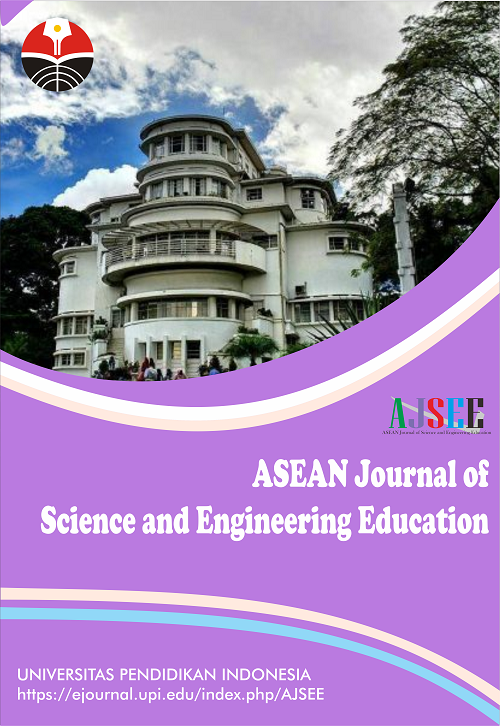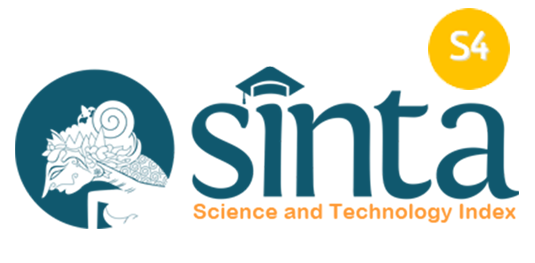Leveraging Mindfulness and Information and Communication Technology (ICT) to Enhance Attention Amidst Digital Distractions in Primary Education
Abstract
Keywords
Full Text:
PDFReferences
Carroll, T. (2023). Mindfulness in catholic primary schools: An irish perspective. Religions, 14(11), 1348.
Felver, J. C., Celis-de Hoyos, C. E., Tezanos, K., and Singh, N. N. (2016). Mindfulness-based interventions for youth: A meta-analysis. Journal of School Psychology, 53, 199-211.
Jha, A. P., Krompinger, J., and Baime, M. (2020). Mindfulness training for working memory and attention control in 10- to 11-year-old inner-city children. Journal of Cognitive Enhancement, 2(1), 109-119.
Jha, A. P., Stanley, E. A., Kiyonaga, A., Wong, L., and Gelfand, L. (2015). Examining the protective effects of mindfulness training on working memory capacity and affective experience. Emotion, 10(1), 54-64.
Kabat-Zinn, J. (2021). The challenge of a life’s time—and a lifetime. Mindfulness, 12(3), 788-794.
Lomas, T., Robinson, P., and Malinowski, P. N. (2015). Mindfulness for pupils and teachers in schools: A systematic review. Educational Research Review, 12, 101-115.
McCutcheon, L. E., Herzig, J. M., and Spira, A. P. (2019). Inattention in early childhood: A review of the literature. Journal of Educational and Psychological Consultation, 29(4), 380-402.
Roeser, R. W., Skinner, E., Beers, J., and Jennings, P. A. (2013). Mindfulness training and teachers’ professional development: An emerging area of research and practice. Child Development Perspectives, 7(4), 222-227.
Schonert-Reichl, K. A., Smith, V., Lawlor, M. S., Mandelowitz, S., Oberle, E., MacNish, J., and Hertzman, C. (2015). Enhancing cognitive and social–emotional development through a simple-to-administer mindfulness-based school program for elementary school children: A randomized controlled trial. Developmental Psychology, 51(1), 52-66.
Tang, Y. Y., Hölzel, B. K., and Posner, M. I. (2019). The neuroscience of mindfulness meditation. Nature Reviews Neuroscience, 16(4), 213-225.
Weiss, M. J., Zhou, Z., and Morrison, F. J. (2020). Student attention in the classroom: A review of the literature with an emphasis on interventions for at-risk learners. Journal of School Psychology, 80, 89-110.
Zeidan, F., Johnson, S. K., Diamond, B. J., David, Z., and Goolkasian, P. (2016). Mindfulness meditation improves cognition: Evidence of brief mental training. Consciousness and Cognition, 19(2), 597-605.
Zenner, C., Herrnleben-Kurz, A., and Walach, H. (2014). Mindfulness-based interventions for children and adolescents: A systematic review and meta-analysis. Frontiers in Psychology, 5, 1-11.
Zoogman, S., Goldberg, S. R., Houtsinger, N., and Santorelli, S. F. (2015). Mindfulness interventions for youth: A systematic review and meta-analysis. Journal of Child and Family Studies, 24(2), 367-384.
DOI: https://doi.org/10.17509/ajsee.v4i3.82475
Refbacks
- There are currently no refbacks.
Copyright (c) 2025 Universitas Pendidikan Indonesia

This work is licensed under a Creative Commons Attribution-ShareAlike 4.0 International License.














